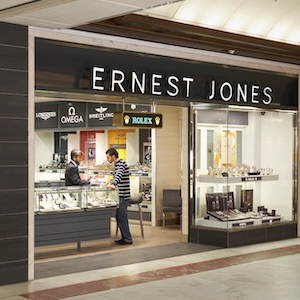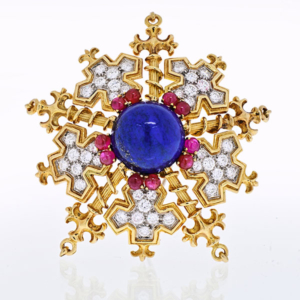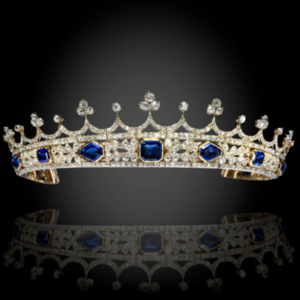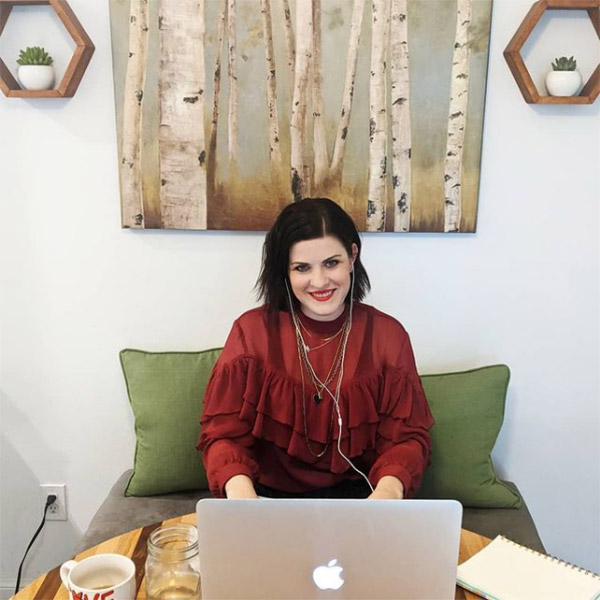
Every Thursday during the pandemic, we’re checking in on members of the jewelry trade in an attempt to glean shareable tips and tricks for doing business—and living as well as possible—during the COVID-19 crisis.
Today, we hear from Jen Cullen Williams, a Southern California–based publicist and communications brand strategist, whose clients include jewelry designers, retailers, and trade organizations (including JCK!).
JCK: Your business was just a year old when the pandemic began in spring 2020. What was your initial reaction to the shutdown, and how did you steer your young company through COVID-19?
Jen Cullen Williams: When COVID hit last March, I thought, “Take a breath—things are going to change, and they actually need to change.” People needed to go more digital, but the response from clients had often been, “We’re not ready for that.” When things came to a screeching halt, I started signing up for every educational webinar, watching how other markets and industries were positioning themselves and what they were doing on social media. I was able to tell clients, “We need to do this,” and they became more receptive, because none of us had ever faced something like a pandemic. It was an opportunity to figure out new ways of reaching and serving customers.
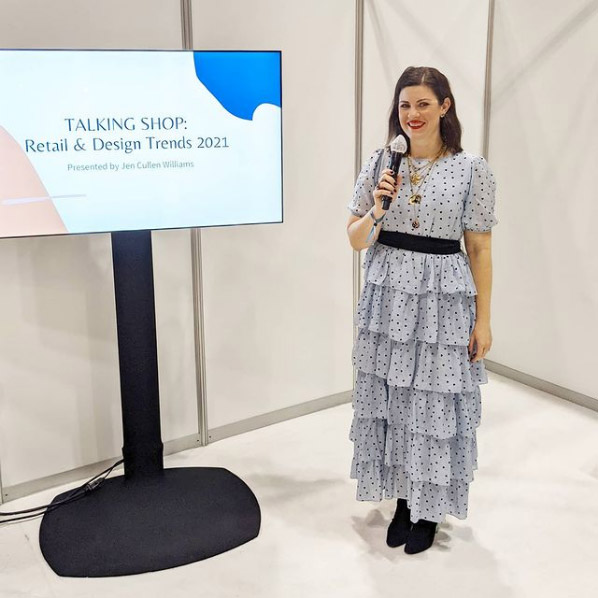
How did you convince clients that your services were more important than ever during this uncertain time?
I didn’t really have to do any convincing, because we were in a global crisis and people didn’t know how to respond. From my perspective as a communications professional, this was an opportunity to help clients pivot their business and say something relevant and important. My advice was: Think about who you are as a company—what you do, who you serve, what your value proposition is. This was a time for brands and companies to think about their purpose and how they were going to help their customers. I also think it was a time for companies and the people behind them to open up more—to be more vulnerable and show how they were trying to make a difference. Companies that were disingenuous or didn’t connect with their customers faltered.
Is it fair to say that the jewelry industry made it through the pandemic better than other sectors of the marketplace?
The data actually shows that. Consumers were spending on jewelry and not on other luxury categories like shoes or handbags. They weren’t spending on lavish vacations. Jewelry is a category that is often sentimental, so buying a piece was symbolic of things that were happening in people’s lives. It also shows up on Zoom and video, so even if you were wearing athleisure and slippers every day, you could put on a pair of earrings or a necklace and feel like you had dressed up a little bit. And for some people, investing in a high-end piece of jewelry made sense because it holds its value. The question now is whether the momentum will sustain into holiday 2021, when things are reopening.
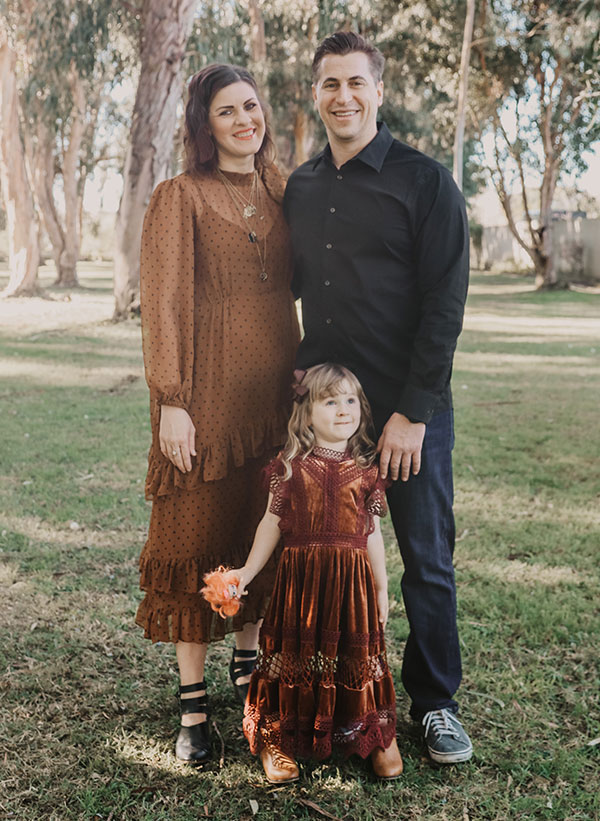
What’s the key to success for jewelry pros in the current retail landscape?
If you have made e-commerce more accessible, made your product more available through virtual appointments, if you have done everything you can to connect with customers in modern ways, you will probably do well. And if someone bought jewelry from you for the first time, they might become a customer for life. I think there’s a huge opportunity for the jewelry industry to keep growing. The businesses willing to invest in creating digital assets will continue to thrive.
Many of us have been experiencing Zoom burnout. What’s the secret to creating engaging virtual events?
The most important thing is serving relevant, interesting content, things a person would not necessarily be able to google and find. You need to think outside the box and make an event feel special, with opportunities for live Q&As, asking your audience questions or using the poll feature, or having breakout rooms for side discussions. Also, keep it short and to the point. Companies think, “Okay, I have a four-day conference, so I need to make a four-day conference digitally.” Everything digital should be cut in half. You don’t get the energy of walking down a hallway at a live event and talking to people. Watching Zoom, you can actually lose energy. In planning any digital event, think about how you can serve your audience information in a quick, efficient way that feels like they’re not wasting their time sitting behind a computer.
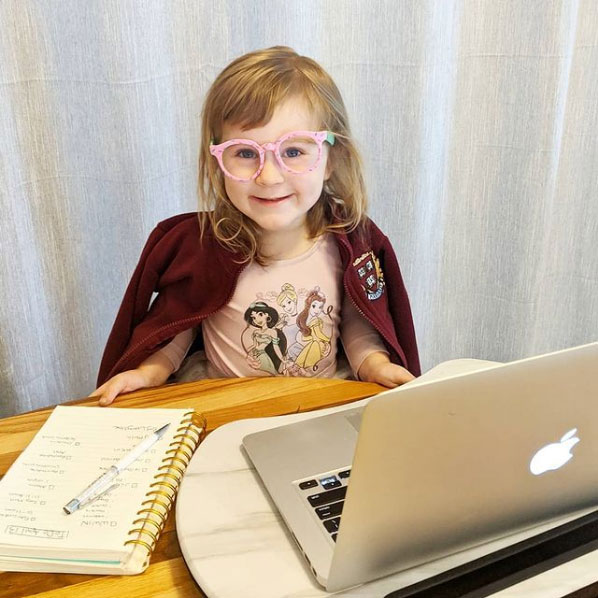
Personally speaking, how have you juggled being an entrepreneur and mom to your 4-year-old daughter, Kira, the star of your Instagram account?
It definitely is not easy, but the silver lining has been spending more time with my husband and daughter, going through this together. I’m really lucky to have my health and a support team around me [including] my parents and my husband’s parents. My daughter is very extroverted, very social, and she gives me a lot of creative energy. I just try to prioritize what’s most important at any given moment.
Finally, how do you relax? Any entertainment recommendations to share?
I find that binge-watching TV doesn’t help me relax that much. I like to take a nice walk and listen to a podcast. My favorite is Superwomen With Rebecca Minkoff, a fashion designer who interviews women in different parts of their careers. Another one I love is Skimm’d From the Couch. The cofounders of [the online news site] The Skimm interview professionals in all types of industries about their careers and how they juggle and make decisions. I find it very inspirational because it makes me realize that there is no one right way of doing anything. If you put in the energy and the grit and you have a passion for what you do, you can be successful.
(All photos courtesy of Jen Cullen Williams)
- Subscribe to the JCK News Daily
- Subscribe to the JCK Special Report
- Follow JCK on Instagram: @jckmagazine
- Follow JCK on X: @jckmagazine
- Follow JCK on Facebook: @jckmagazine

